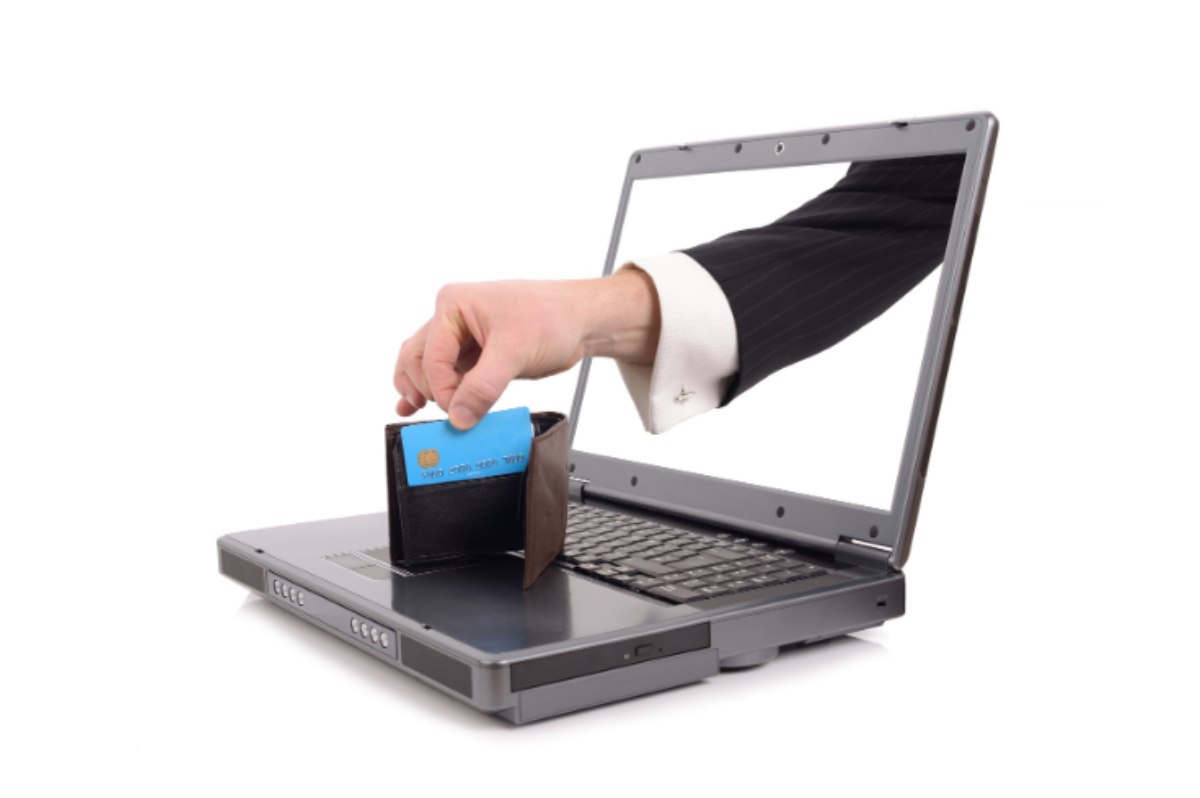Identity Theft is one of the fastest growing crimes in America. Over $50 billion is stolen each year via Identity Theft, and you need to protect yourself. One of the best ways to protect yourself is to lock-down your credit reports.
Here’s a snapshot of some notable incidents:
Experian (2023)
- What Happened: A breach exposed the personal information of approximately 3 million individuals. This breach included names, addresses, and credit scores.
- Impact: The breach highlighted vulnerabilities in credit reporting agencies and led to calls for stricter data protection measures.
T-Mobile (2023)
- What Happened: T-Mobile suffered a data breach that exposed the personal information of around 37 million customers. The breach included sensitive details such as names, birthdates, social security numbers, and driver’s license information.
- Impact: This incident has raised concerns about the security of telecommunications providers and the protection of customer data.
Cash App (2022)
- What Happened: A data breach at Cash App resulted in unauthorized access to personal data of around 8 million users. Information exposed included names, brokerage information, and account balances.
- Impact: This breach emphasized the need for robust security measures in financial apps and the importance of monitoring accounts for unusual activity.
Capital One (2021)
- What Happened: A former employee of Amazon Web Services exploited a vulnerability in Capital One’s system, compromising the data of over 100 million customers. The breach included names, addresses, credit scores, and transaction data.
- Impact: This breach underscored the risks associated with cloud storage and third-party services.
Equifax (2017)
- What Happened: One of the most significant breaches in recent history, Equifax’s breach affected approximately 147 million people. It exposed names, social security numbers, birth dates, and in some cases, driver’s license numbers.
- Impact: This breach led to substantial regulatory and legal scrutiny and highlighted the importance of cybersecurity in credit reporting agencies.
Key Takeaways
- Data Protection: Breaches highlight the need for strong encryption, secure data storage, and regular security audits.
- Personal Vigilance: Individuals should regularly monitor their credit reports, use credit monitoring services, and be cautious of phishing attempts.
- Regulatory Action: There is increasing pressure on companies to enhance their data protection measures and be more transparent about breaches.
Your Next Steps
For current and specific details, checking news updates and reports from reliable sources is essential.
Check your credit report: Check your credit report to see if there are any accounts or other information that you do not recognize, is fraudulent, or does not belong to you.
Dispute any erroneous/incorrect items: Send a dispute letter to each credit reporting agency (CRA) that lists anything on your account in error. Be sure to review all accounts, as well as your personal information. Note any unauthorized credit checks performed. Those will need to be disputed with the subscriber (creditor) before requesting action from the CRA.
Security Freeze: By putting a security freeze on your credit reports, you will keep prying eyes off of your information, which will help keep someone from being able to pretend that they are you, and then open accounts in your name.
Of course, this only offers protection against potential future attacks. Be sure to review your credit report to ensure that no accounts appear thereon, which are unfamiliar to you. If a review of your credit report reveals strange information, be sure to dispute it with the Credit Reporting Agency that is showing the faulty data.
You may place a security freeze on your report by logging into the website of each Credit Reporting Agency. Just following the links below:
If you are not already registered, just go through the registration process, then follow the prompts to put a security freeze on your account. This process is much easier than it used to be, as you no longer need to get a PIN for each CRA.
Other Options
Another safeguard against Identity Theft is to join a program that provides insurance protection for potential victims of Identity Theft. If you have been a victim of Identity Theft, be sure to file a police report, and obtain a copy of the report for use in fighting unauthorized transactions and accounts.
You can learn to repair your credit yourself.
Undoing an Identity Theft can be a time-consuming and costly undertaking. Do everything you can to protect yourself upfront.
Learn how to establish your credit, buy a car, or get your first home.





